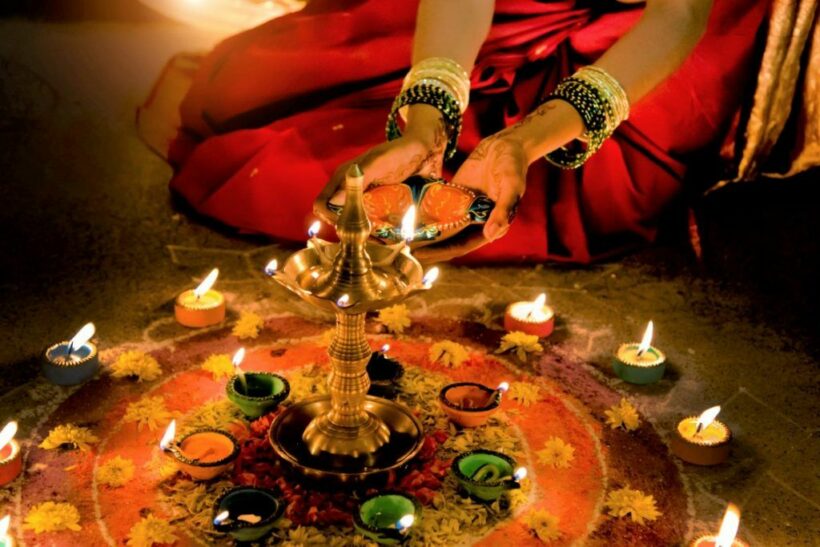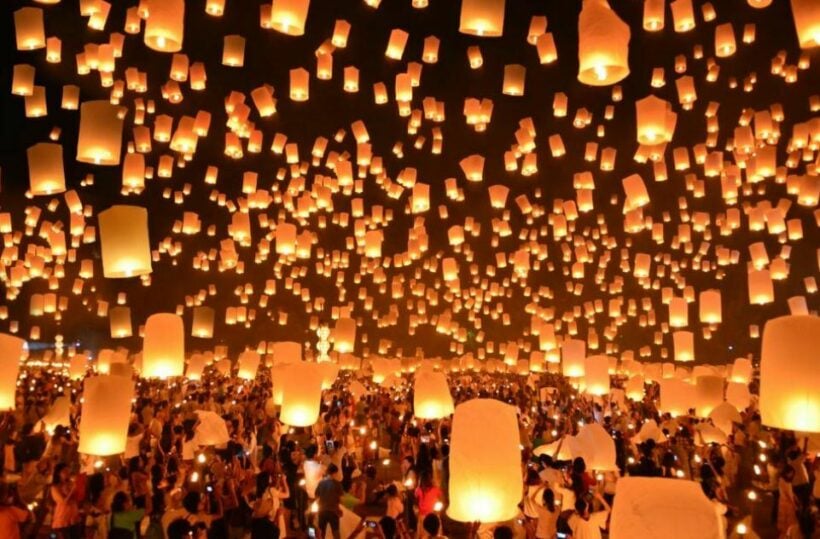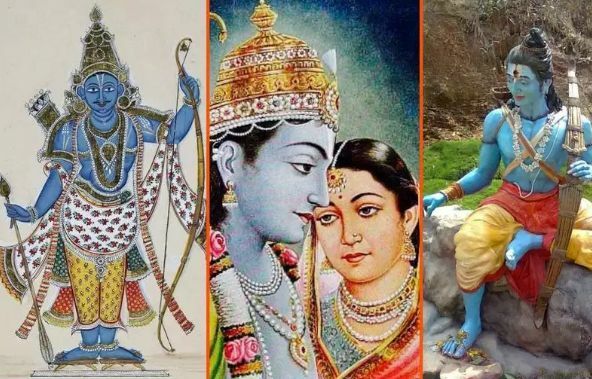Why is Diwali important to Indians? The mythology behind the festival

You might have heard of India’s “festival of lights” known as Diwali. Many photos show people who celebrate by holding colourful lanterns, or lighting candles.
But what exactly is the festival celebrating? What do the lights symbolise?
This year’s Diwali festival is coming up on Monday, October 24, and if you have Indian friends, it might be helpful to understand why this holiday is so special to them.
The five-day festival is celebrated by Indians of many faiths, including Hindus, Sikhs, Jains, and Buddhists. Diwali’s origin story is different between these religious groups, however, the common thread of the stories is the triumph of good over evil.

In Hinduism, Diwali stories tell of epic victories won by men who are considered incarnations of the Hindu god Vishnu. Vishnu’s role is to restore the balance of good and evil during hard times.
Even among Hindus, origin stories vary. In northern India, Diwali commemorates Prince Rama’s return to the city of Ayodha after his stepmother exiled him for 14 years. In the story, Prince Rama rescues his wife Sita, an incarnation of the goddess Lakshmi, after she was kidnapped by a king.

To Hindus in South India, Diwali commemorates Lord Krishna’s defeat of the demon king Narakasura who had imprisoned 16,000 women in his palace.
In Sikhism, Diwali commemorates the release of the sixth guru, Hargobind, after he was imprisoned for 12 years by a Mughal emperor.
In Jainism, Diwali is believed to be the day that Lord Mahavira, the last of the great Jain teachers, reached Nirvana.
Indian Buddhists commemorating Diwali celebrate it as the day a Hindu emperor who lived in the third century BC converted to Buddhism.
Lamps and lanterns displayed during Diwali symbolise the triumph of good over evil. The deeper spiritual meaning involves becoming aware of your inner light.
Latest Thailand News
Follow The Thaiger on Google News:


























